
|
At the University of Louisville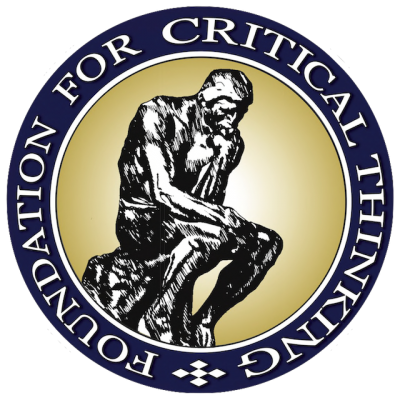
 Davidson Hall - Belknap Campus
Davidson Hall - Belknap Campus
2010 S. First Street Walk
Louisville, Kentucky, 40208
Registration Closed
Pre-Conference: July 23
Main Conference: July 24 - 27, 2025
Please note that sessions are recorded. The Foundation for Critical Thinking reserves the right to publish the resulting footage in whole or in part for any purpose. By attending the event, you agree to said recording and publication.
|
|
Rates Cover Tuition, Materials, & On-Site Lunches Each Day
| Registration Options | Cost Per Person | |||
| Standard Rates - Pay by July 8, 2024 | 1 Person | 2-3 people | 4-6 People | 7 or More |
| Main Conference Only | $740 | $720 | $695 | $655 |
| Main Conference & Pre-Conference | $1,010 | $970 | $930 | $890 |
| Pre-Conference Only - Pay by July 8, 2024 | 1 Person | 2-3 people | 4-6 People | 7 or More |
| Pre-Conference Only | $285 | $270 | $255 | $230 |
Focal Sessions are led by Fellows and Scholars of the Foundation for Critical Thinking. These sessions are 'Focal' because they focus on the very foundations, or the central ideas, in a rich conception of critical thinking. Each Focal Session targets one or more essential concepts or sets of principles in critical thinking, often in connection with essential applications of critical thinking.
Focal Sessions must be selected ahead of the conference during your online registration. If someone has registered you as part of a group, you will receive an email with a link to select your sessions.
Focal Session Descriptions can be found along with Plenary Session Descriptions here.
Concurrent Sessions are conducted by conference participants whose presentation proposals have been approved by Fellows of the Foundation for Critical Thinking. These are presentations in which faculty, educational administrators, professionals, government and military instructors and leaders, independent scholars, and advanced students share their experiences in bringing critical thinking into teaching and learning, into daily decision-making, and throughout organizations or departments. Concurrent presenters may share their research in critical thinking, their developed theory and application of critical thinking, their experiences in cultivating critical thinking in themselves and/or others, etc. All Concurrent Sessions are expected to be couched in a rich conception of critical thinking.
You can read Concurrent Session Descriptions here. These sessions are not registered for in advance.
Like Concurrent Sessions, Roundtable Discussions are conducted by conference participants whose presentation proposals have been approved by Fellows of the Foundation for Critical Thinking. However, these discussions are held in circles, and are more discourse-based than other session types.
Typically, Roundtable Presenters will be placed into groups of 2-3 based upon overlapping subject matter. Roundtable Presenters will take their respective turns conducting 10-15 minute presentations, and after all presentations are finished, the discussion will open into a Socratic dialogue among everyone in the circle.
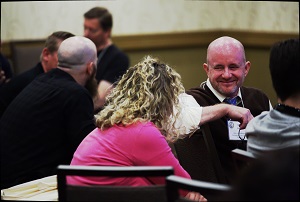
All Roundtable Discussions take place concurrently for one hour. Participants are free to attend whichever ones they wish, and can move between discussions after initial presentations are finished. You will receive a copy of the Roundtable program at the conference, and this program will also appear on this website as proposals are approved.
Roundtable Discussion descriptions are available here.
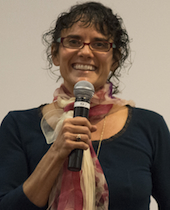
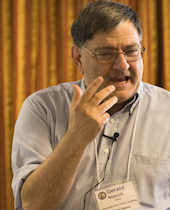
Dr. Gerald Nosich is a noted authority on critical thinking and has given more than 250 workshops to instructors and governmental agencies on all aspects of teaching it. He is the author of Reasons and Arguments, Learning to Think Things Through: A Guide to Critical Thinking Across the Curriculum , and Critical Writing: Using the Concepts and Processes of Critical Thinking to Write a Paper .
Dr. Nosich has given workshops for instructors at all levels of education in the United States, Canada, Thailand, Lithuania, Austria, Germany, Singapore and England. He has worked with the U.S. Department of Education on a project for a National Assessment of Higher Order Thinking Skills; given teleconferences sponsored by PBS and Starlink on teaching for critical thinking; served as a consultant for ACT in Critical Thinking and Language Arts assessment; and been featured as a Noted Scholar at the University of British Columbia. Dr. Nosich is author of numerous articles, audio- and videotapes on critical thinking. He has been Assistant Director at the Center for Critical Thinking at Sonoma State University, and is Professor Emeritus at SUNY Buffalo and the University of New Orleans.
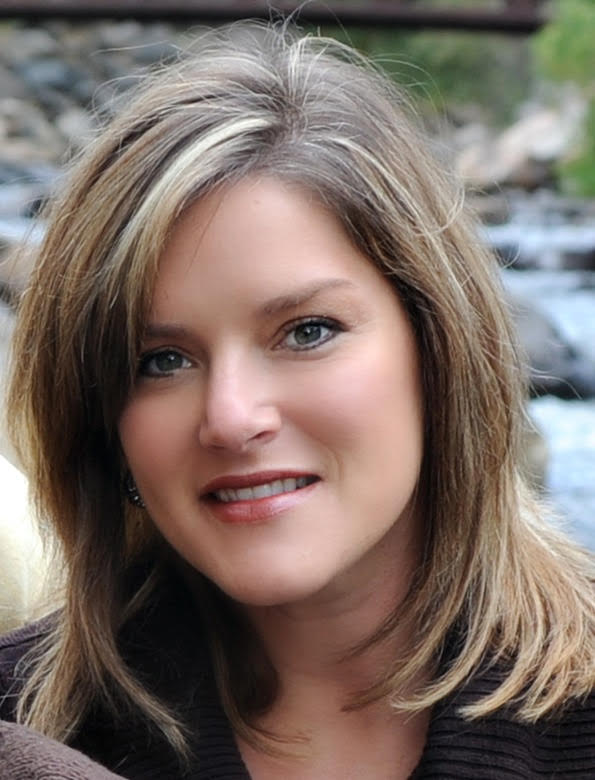
Dr. Carmen Polka has worked diligently to infuse critical thinking into her classroom instruction, curriculum, and assessment for nearly twenty years. Focused on transforming education through the implementation of quality instructional practices, Dr. Polka instigated and co-authored the Colorado Academic State Standards targeting research and reasoning based on the Paul-Elder framework. As a leader and critical thinking expert in her district, she led professional development and coached K-12 teachers to effectively utilize Paulian theory.
Dr. Polka is currently a principal at an elementary school, and she recently earned her doctorate in the Educational Leadership and Policy Studies program at the University of Northern Colorado. She is also a licensed K-12 Special Education teacher.
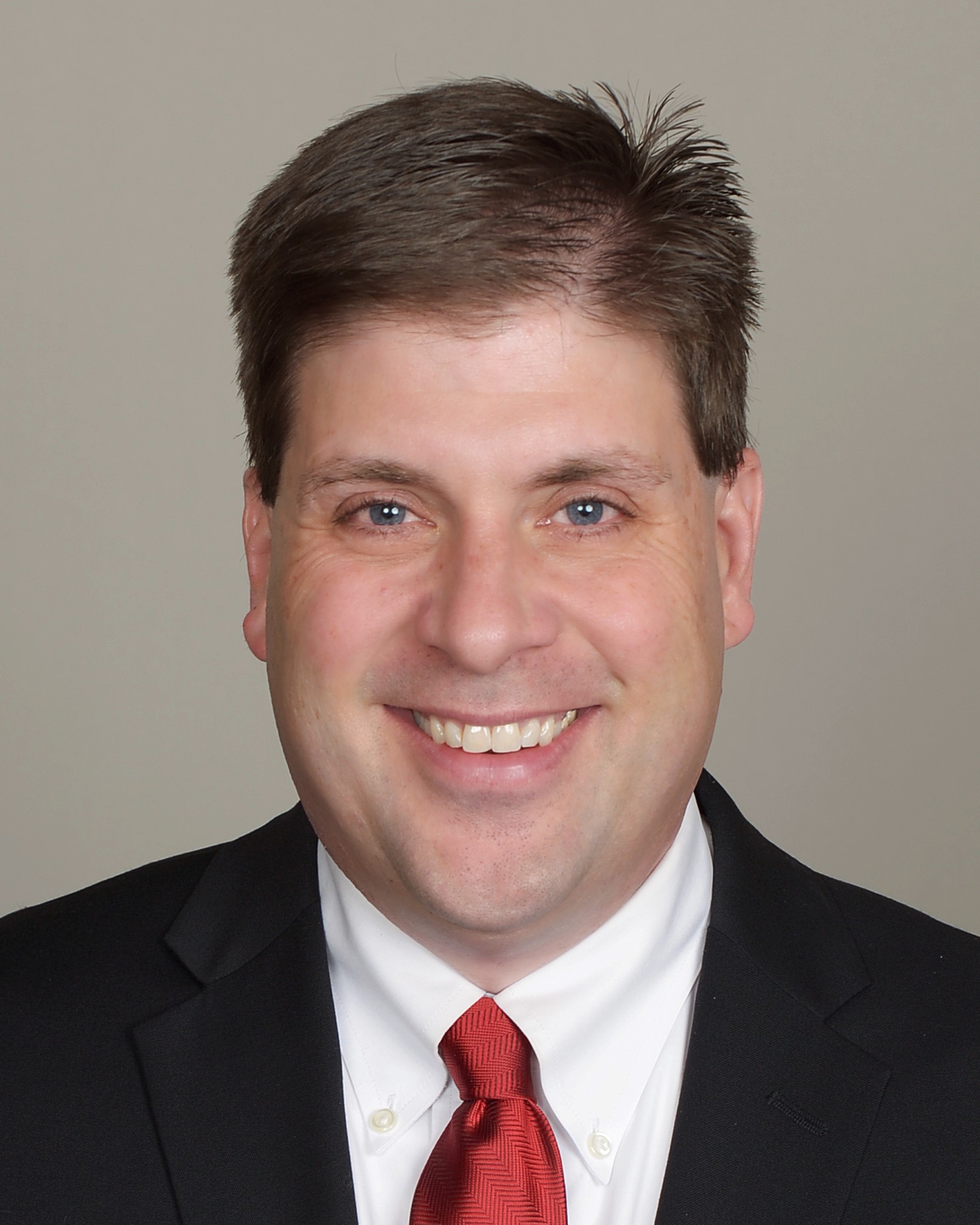
For nearly twenty years, Dr. Bankes has played an important leadership role in fostering the Paulian conception of critical thinking in multiple school districts. As a principal, he led the implementation of this critical thinking approach to bring about state-recognized levels of achievement in three different Title I schools – a high school, a middle school, and an elementary school. He helped author the reasoning portion of the Colorado Academic Standards that are based on the Paul-Elder framework. In addition to his administrative experience, Dr. Bankes was an elementary school teacher, continues teaching critical thinking courses at the college level, and served as a Director on his School Board of Education.
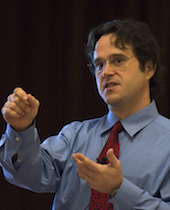 Dr. Brian Barnes
Dr. Brian Barnes Dr. Brian Barnes holds a Ph.D. in Interdisciplinary Humanities and an MA in Philosophy from the University of Louisville. Barnes is a veteran of the US Army, along with other non-academic careers, and currently teaches face-to-face and online classes at several universities in traditional philosophy topics, sustainability, and critical thinking. He has co-authored articles examining critical thinking strategies and tactics for the National Teaching and Learning Forum and is author of the textbook, The Central Question: Critical Engagement with Business Ethics . Barnes co-hosts the weekly radio show, Critical Thinking for Everyone!, on 106.5 Forward Radio in Louisville; he also created Adventures in Critical Thinking , a critical thinking comic book series.
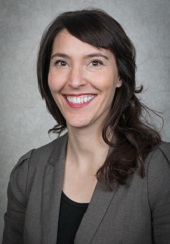 Dr. Linda Tym
Dr. Linda Tym Dr. Linda Tym is an Associate Professor of English in Alabama. Originally from Canada, she completed her PhD studies at the University of Edinburgh and was a Postdoctoral Research Fellow at The Institute for Advanced Studies in the Humanities. She is currently pursuing her Certification in the Paul-Elder Approach to Critical Thinking under the mentorship of Dr. Elder.
In addition to Dr. Tym's focus on critical thinking, her research focuses on memory studies, Scottish literature, and Scottish-Canadian diasporic literature. Her work has been published in the Scottish Literary Review, Journal of the Short Story in English, Macmillan Interdisciplinary Handbooks: Gender series, and Gale Cengage’s Contemporary Literary Criticism series.
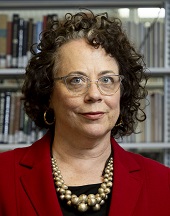 Dr. Patty Payette
Dr. Patty Payette Dr. Patty Payette is executive director of the Quality Enhancement Plan (QEP) at the University of Louisville and the Decisiveness Virtue Expert at their Center for Positive Leadership. In these positions, Patty leverages her expertise in faculty development, curriculum design, critical thinking, and higher education training and development. Over the last 20 years, Dr. Payette has designed and delivered hundreds of workshops on teaching and learning topics, including dozens of sessions on critical thinking across the curriculum. She consults with schools and colleges nationally on the design and implementation of critical thinking initiatives and QEP programs. She co-authored with Dr. Brian Barnes a series of six articles for The National Teaching and Learning Forum on teaching for critical thinking and serves as a consulting editor for the journal College Teaching. She earned her doctorate from the Department of English at Michigan State University in 2001.
Pre-Conference Sessions
Choose one...
Focal Session II
Choose one…
Focal Session IV
Choose one...
Concurrent Sessions I
Concurrent Sessions II
Concurrent Sessions III
Roundtable Discussions Cluster I
Roundtable Discussions Cluster II
Roundtable Discussions Cluster III
Focal Session V
Choose one...